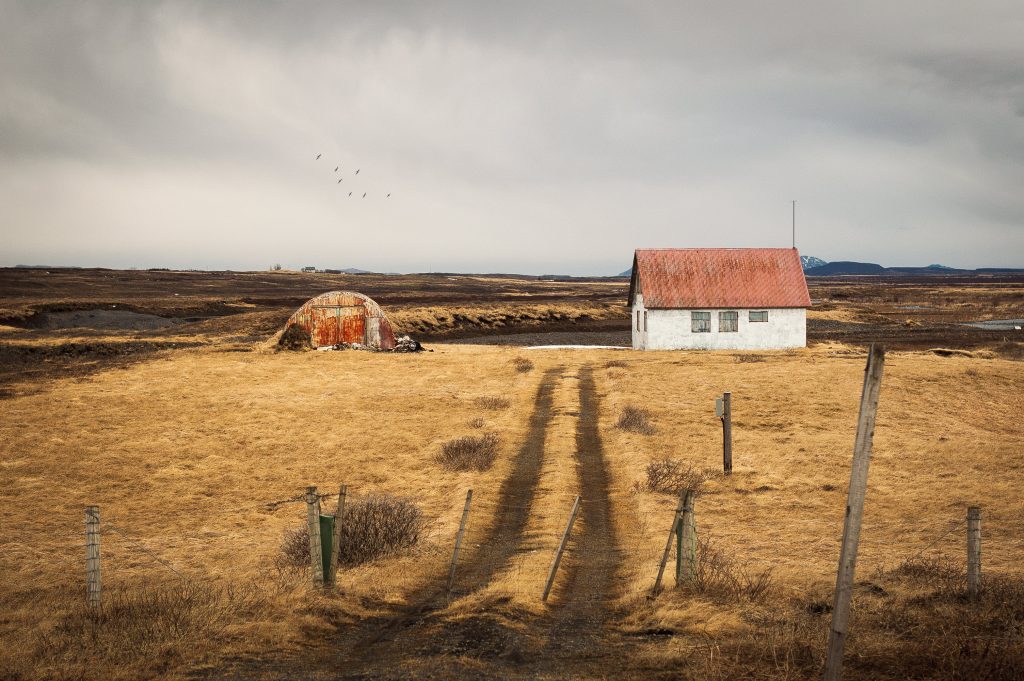Rural America is having a rare moment in the spotlight, and philanthropy should take note. It began with the outsized rural toll of the opioid addiction epidemic, unexpectedly high rural support for Donald Trump, and angry debates about rural-related issues like border security and immigration. But it should not end there.
Rural America is overdue for a much better effort from philanthropy. Rural grantmaking has been declining for years and is disproportionately low: one analysis by the U.S. Department of Agriculture of large foundation grants showed that only 6.3 percent benefited rural communities, even though they are home to about 20 percent of the population. Other estimates are even lower.
What happens next could – and should – be far more constructive. If so, rural communities would get more help with long-unmet needs, and funders would have a chance to help create meaningful, even life-changing impact.
Equipping funders for rural frontiers
First, though, it is imperative that funders understand the unique dynamics of rural America. Few now do, perhaps because it defies easy definition.
The rural population has been shrinking for the last century and its demographics are flux, due to both in-migration and out-migration. It is large and diverse, including frontier counties, farms, small towns, and even some exurbs. Often characterized as proud, strong, and self-reliant, rural communities are generally poorer than their urban and suburban counterparts.
Aging is another major factor. Rural America is already older than the rest of the country, and is aging faster. While many older people across this aging nation face challenges, the physical and social isolation that can occur in a rural setting makes it even more difficult to achieve the near-universal goal of aging in place, safely and well.
To help increase philanthropic involvement in rural America, Grantmakers In Aging, a national organization of funders dedicated to improving the experience of aging, has launched a three-year initiative and published New Frontiers in Funding: An Introduction to Grantmaking in Rural Aging to provide funders and others with information, case studies, and insights from people on the ground.
Listen, learn, and earn community trust
A central theme is the importance of listening. Every community has different needs and different strengths. The most successful rural projects prioritize community input and building trust. (This is probably true in many other situations, too.)
Identifying local talent is also essential, and its potential may surprise funders accustomed to working on a larger scale. “There may not be as many strong nonprofits or strong identified leaders, but there are people who are used to getting things done, who are deeply committed, bringing family connectivity, history, and ownership of community,” says Allen Smart, a rural and philanthropic strategist and former vice president of programs at the Kate B. Reynolds Charitable Trust.
Rethink metrics: What could success actually look like?
A high degree of funder flexibility and a different set of evaluation metrics may also be needed. “Issues arise when funders want formality in what is often a very informal system,” says Sandy Markwood, CEO of the National Association of Area Agencies on Aging (n4a). “The beauty of rural America is you have the blend of formal and informal. From a grant perspective, that can be difficult because there’s nothing to audit.”
What’s working?
Success in rural grantmaking happens when programs draw on community strengths. Programs like promotores, a Spanish-speaking community of health workers, supported by the Center for Community Health Development, improve health in their communities by providing a link to health and social services. SASH (Support and Services at Home) enables older rural Vermont residents to live independently at home by coordinating social services, health providers, housing organizations, and a visiting wellness nurse. In rural Arizona, where public transportation is scarce, Freedom Express, a largely volunteer driver service, ensures that all the older residents who need rides to dialysis appointments can get them.
From social isolation to hospital closures to transportation shortages, funders will find challenges in rural places that fit and expand their existing priorities. While large national funders will continue to be important players, this work offers great opportunities to local and community foundations, whose intimate understanding of their places allows small budgets to elicit powerful results.
Rural America is having a moment. Don’t miss it.





Orange County Rural Alliance, Inc. works with rural seniors in isolated rural sections of Orange County, NC. Our volunteers visit as many seniors weekly as possible (currently around 300), and we have about 640 considered under the poverty level that needs assistance as well. Feedback from our seniors we visit each week show that they feel more secure, feel less depressed, less lonely, AND they state their health has improved! Unfortunately, we are the only human contact they have all week. We provide hot meals
minor home repairs to ensure safety and home access like building ramps, etc. in addition to building trust and friendship and ongoing relationships with the seniors. Our volunteers say they receive so much more than they give by working with these elderly rural seniors because each person has a story to tell that they share to educate all the volunteers to what it was like 50-75 years ago in rural farming areas of the county. Building trust and reliability is key to working with rural area seniors because of their independent nature and the culture and further; they never seem to ask for help because they do not want charity. However, when trust and friendship is present, it is easy to offer help and assistance to these very special senior citizens who have provided so many of us with farm grown food, dairy, and other farm products for decades. Now they need us.